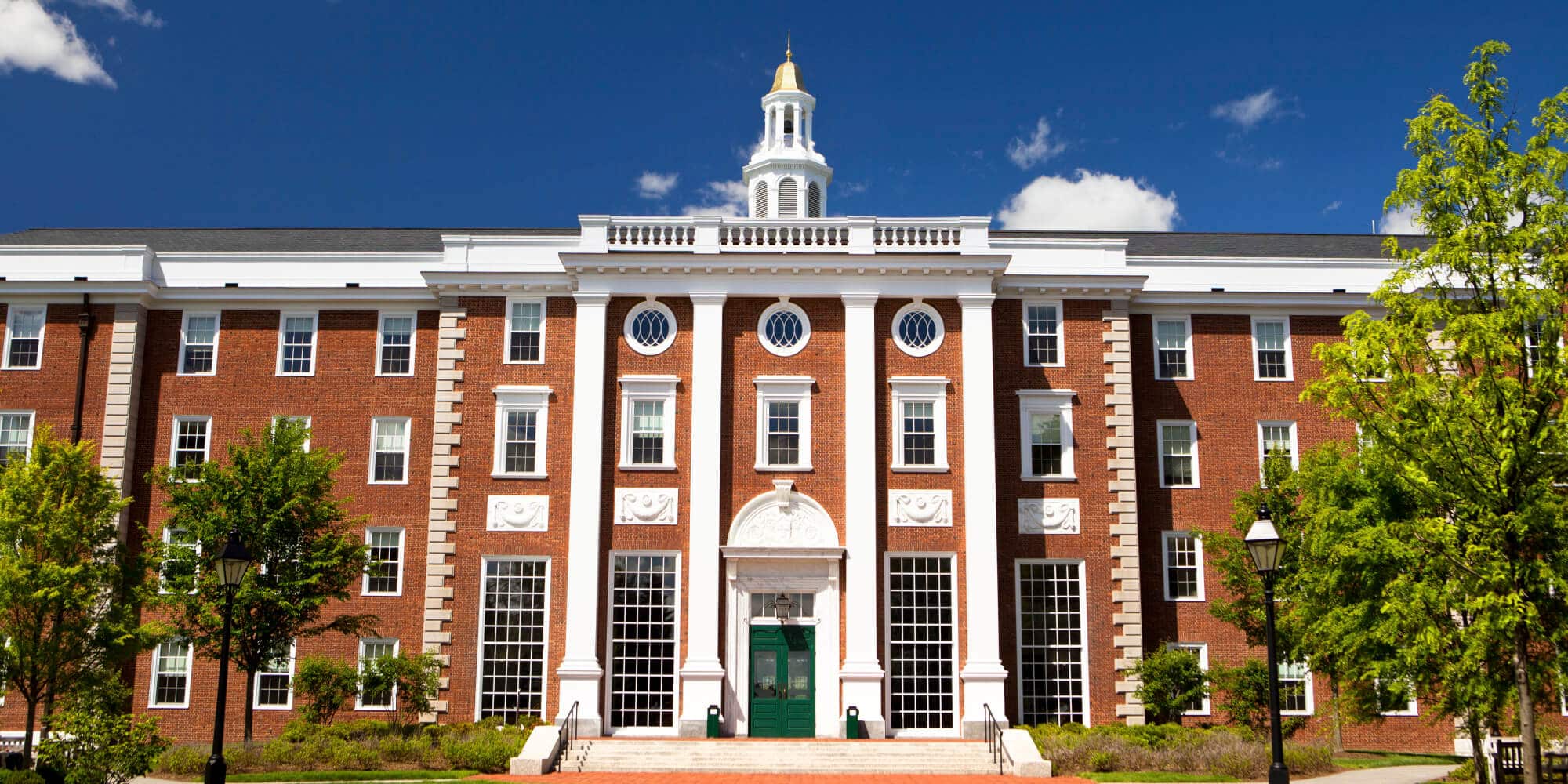Harvard University, established in 1636, is one of the most prestigious and oldest higher education institutions in the world. Located in Cambridge, Massachusetts, Harvard is renowned for its excellence in education, research, and innovation. With a strong emphasis on academic rigor and leadership, Harvard has produced some of the most influential figures in various fields. This article provides an in-depth overview of the courses offered at Harvard, tuition fees, placement statistics, a price comparison with five competitive colleges, and the visa process for international students.
Courses Offered at Harvard University
Harvard offers a wide range of undergraduate, graduate, and professional programs across various schools and departments. Below are some of the prominent courses available at Harvard:
Undergraduate Programs
- Humanities and Social Sciences
- Political Science
- History
- Economics
- Sociology
- Psychology
- Science and Technology
- Computer Science
- Biology
- Physics
- Chemistry
- Mathematics
- Engineering
- Electrical and Computer Engineering
- Mechanical Engineering
- Biomedical Engineering
- Environmental Engineering
- Business and Management
- Bachelor of Arts in Economics
- Business Administration (via Harvard Business School pathways)
- Law and Public Policy
- Pre-Law Studies
- Government and Public Administration
- Medical and Health Sciences
- Pre-Medical Studies
- Neuroscience
Graduate Programs
- Harvard Business School (HBS)
- Master of Business Administration (MBA)
- Executive Education Programs
- Harvard Law School (HLS)
- Juris Doctor (JD)
- Master of Laws (LLM)
- Harvard Medical School (HMS)
- Doctor of Medicine (MD)
- Biomedical Research Programs
- Harvard Kennedy School (HKS)
- Master in Public Administration
- Public Policy and International Relations Programs
- Graduate School of Arts and Sciences
- PhD Programs in Humanities, Social Sciences, and Natural Sciences
Fees and Tuition Costs
Harvard’s tuition and fees vary depending on the program and degree level. Below is a breakdown of the estimated costs for the 2024-2025 academic year:
- Undergraduate Tuition: $63,250 per year
- Graduate Tuition: Varies by program, but typically ranges from $55,000 to $65,000 per year
- Additional Costs:
- Housing: $12,000 – $15,000 per year
- Books and Supplies: $1,200 per year
- Health Insurance: $3,800 per year
- Miscellaneous Expenses: $2,500 per year
- Total Estimated Cost of Attendance: $79,000 – $85,000 per year
Harvard provides extensive financial aid, with nearly 55% of undergraduate students receiving need-based assistance.
Placement and Career Opportunities
Harvard graduates are highly sought after, with outstanding placement records across various industries.
Placement Statistics:
- Employment Rate: Over 95% of Harvard graduates find employment or pursue further studies within six months of graduation.
- Average Starting Salary:
- Business and Economics Graduates: $100,000 – $150,000 per year
- Computer Science Graduates: $120,000 – $160,000 per year
- Law Graduates: $120,000 – $180,000 per year
- Top Recruiters:
- Google, Microsoft, Amazon, Apple
- Goldman Sachs, JPMorgan, McKinsey & Company
- Harvard Medical School, NIH Research Centers
- Top Law Firms (Skadden, Latham & Watkins, etc.)
Price Comparison with Competitive Colleges
Harvard is often compared with other elite institutions in terms of tuition, financial aid, and return on investment. Below is a comparative analysis of Harvard and five competing colleges:
| University | Annual Tuition | Total Estimated Cost | Avg. Graduate Salary |
|---|---|---|---|
| Harvard University | $63,250 | $79,000 – $85,000 | $100,000 – $150,000 |
| Stanford University | $64,260 | $80,000 – $85,000 | $100,000 – $140,000 |
| MIT | $61,850 | $77,020 – $82,000 | $100,000 – $150,000 |
| Yale University | $62,250 | $78,000 – $83,000 | $95,000 – $135,000 |
| Princeton University | $59,710 | $75,000 – $80,000 | $90,000 – $130,000 |
Harvard provides excellent returns on investment, with high salaries and strong job placement rates.
Visa Process for International Students
International students planning to study at Harvard need to apply for a U.S. student visa, primarily the F-1 visa. The visa application process includes the following steps:
Step 1: Receive Form I-20 from Harvard
After being accepted at Harvard, international students receive a Form I-20, which is required to apply for an F-1 visa.
Step 2: Pay the SEVIS Fee
- Students must pay the SEVIS (Student and Exchange Visitor Information System) fee of $350 before applying for a visa.
Step 3: Complete the DS-160 Form
- Applicants must fill out Form DS-160, an online application for a U.S. visa, and schedule an interview at a U.S. embassy or consulate.
Step 4: Attend Visa Interview
- Students must appear for an in-person interview at the U.S. embassy or consulate, bringing the required documents:
- Passport
- Form I-20
- DS-160 confirmation page
- SEVIS fee receipt
- Harvard acceptance letter
- Financial documents proving the ability to pay for studies
Step 5: Visa Approval and Travel
- Once the visa is approved, students receive their passport with the F-1 visa and can travel to the U.S. for their studies.
Conclusion
Harvard University is one of the most esteemed institutions globally, offering top-tier education, research opportunities, and career prospects. While the cost of attendance is high, Harvard’s extensive financial aid options and strong placement records make it a worthwhile investment. The structured visa application process ensures international students can transition smoothly to studying in the United States. With its legacy of excellence, Harvard continues to be a top choice for students worldwide.


